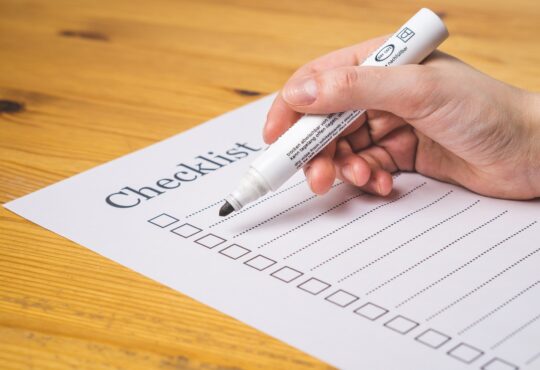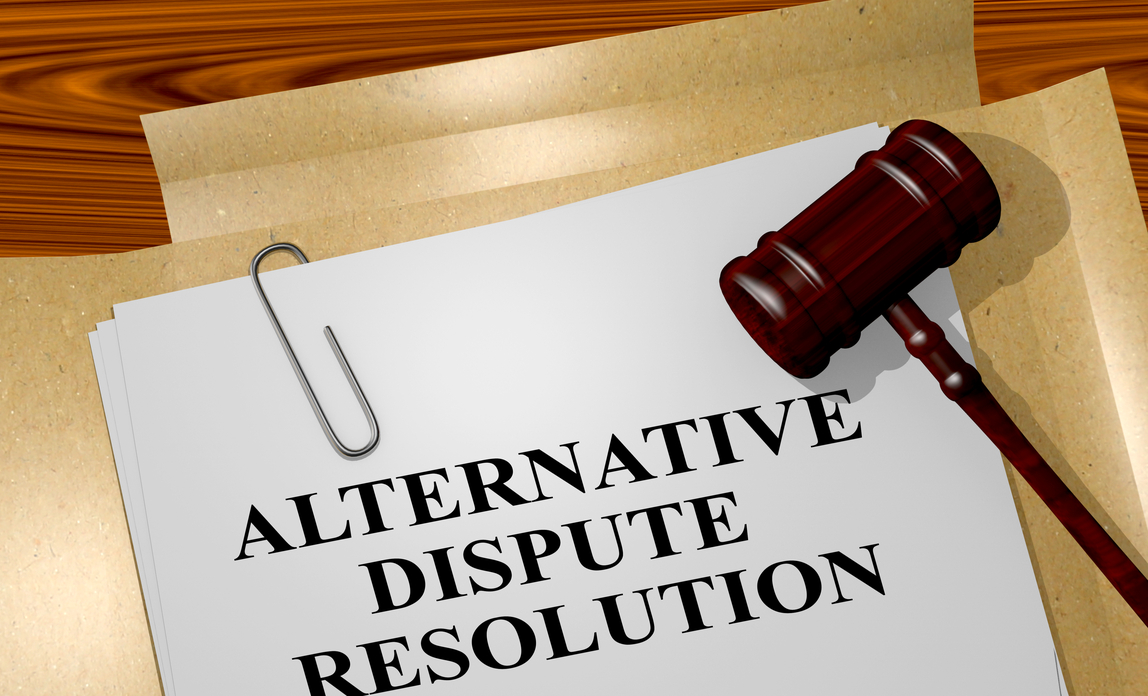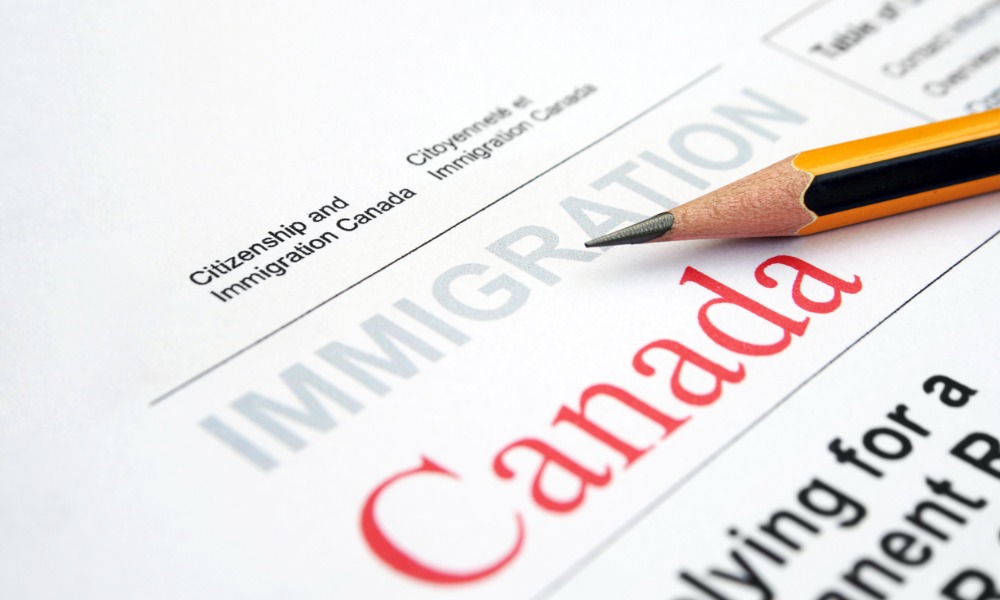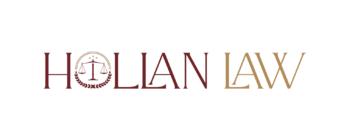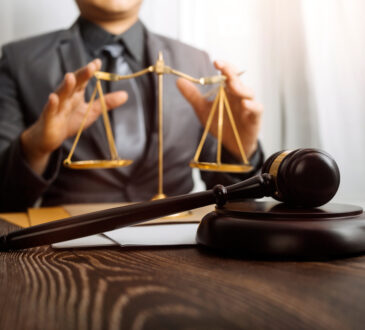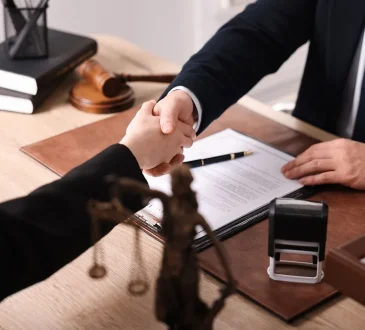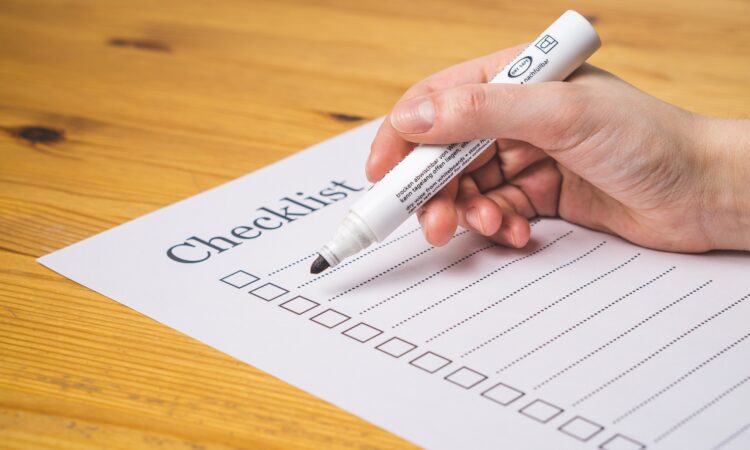
Business travel to the United States hinges on clarity, consistency, and the right visa strategy. If you’re preparing for meetings, negotiations, or specialized training, knowing where the B1 category fits—and where it doesn’t—prevents costly missteps. This guide explains when B1 is correct, which documents truly matter, and how legal counsel helps you present a credible case at both the consular interview and the port of entry. If you’re unsure how to begin, Start Here: define your agenda, match activities to the visa rules, and gather persuasive evidence of ties abroad. With the support of Seasoned B1 Visa Lawyers, you can move through the process with a professional plan and confidence in your compliance obligations.
Situations where a B1 visa is appropriate for business travel
The B1 visa is tailored for short, specific, and non-productive business activities. Typical scenarios include attending conferences, participating in meetings, negotiating contracts, conducting market research, or receiving brief in-house training that does not involve hands-on work for a U.S. entity. It is not intended for employment, direct client service delivery, or ongoing operational duties; those often require classifications such as H-1B or L-1. B1 is distinct from B2 (tourism) and from the Visa Waiver Program, which permits many of the same activities but imposes stricter stay limits and no extension or change of status options. When in doubt, Seasoned B1 Visa Lawyers can help map your itinerary to permissible activities and avoid accidental “work” interpretations.
Common, legitimate activities
Examples that fit well include board or investor meetings, site visits, facility tours, due diligence for deals, and after-sales service work that is advisory or training-oriented without tools-on equipment activities. Short-term internal training is often fine when it’s observation-based and the traveler remains on foreign payroll, with compensation coming from the home employer. Offering technical advice to a U.S. affiliate can also be appropriate if there’s no direct labor contribution to U.S. operations. Conversely, billable project work, coding on a U.S. client’s system, or managing U.S. staff are red flags for work authorization. Clearly classifying each agenda item helps officers see a legitimate purpose of travel that aligns with B1.
Preparing documents that clearly explain the purpose of the trip
Clear documentation is the backbone of a successful B1 application, and it starts with a concise employer letter on company letterhead. That letter should capture the who, what, when, where, and why: your role, detailed activities, meeting partners, locations, dates, and the business rationale. A thorough itinerary reinforces that the visit is short and structured. Supplement with proof of continued foreign employment and compensation, strong ties at home (family, lease or property, ongoing projects), and evidence you can cover expenses or that your employer will, as appropriate. These pieces together show nonimmigrant intent and a legitimate business mission.
What a strong support letter includes
A high-quality support letter explains how the trip advances bona fide commercial objectives without crossing into U.S.-based productive work. It should specify that compensation remains from the foreign employer, any reimbursements are limited to incidental expenses, and there is no plan to provide labor to a U.S. entity. If a U.S. partner is involved, include a matching invitation letter detailing the meetings, dates, and venue. Dates and titles must be consistent with the DS-160 and any corporate materials online. Seasoned B1 Visa Lawyers often provide templates that keep language precise but not overstated, reducing the risk of misunderstandings at the interview or the port of entry.
Frequent mistakes that can lead to delays or refusals
B1 refusals often stem from inconsistencies or misclassifications rather than bad intentions. Vague or overly broad descriptions like “helping with a project” can sound like prohibited work. Another frequent problem is a mismatch between the DS-160 and support letters—different job titles, dates, or hosts stand out quickly to consular officers. Applicants also stumble by not showing compelling ties at home, leading to INA 214(b) denials for lack of nonimmigrant intent. Prior overstays, incomplete travel histories, or unprepared responses in the interview can add to the risk of delays or administrative processing.
How to avoid these pitfalls
Start Here: outline the trip in plain language, then remove anything that could imply day-to-day labor for a U.S. entity. Keep the DS-160, employer letter, and U.S. invitation perfectly aligned on dates, roles, and locations. Prepare crisp, honest interview answers that match your documents and your online business presence. Bring supplementary evidence of foreign employment, ongoing responsibilities, and return plans to calmly address questions. A small investment in careful preparation forestalls most of the issues that cause B1 delays.
How legal guidance helps applicants present strong, credible information
Experienced counsel helps convert a rough itinerary into a concise, credible case. Lawyers assess each planned activity to confirm it fits B1 rules, propose language that avoids “work” phrasing, and recommend evidence that signals continuity abroad. They also conduct mock interviews that prepare you to answer succinctly while addressing the officer’s central concerns. A measured, consistent narrative—backed by tailored documentation—builds credibility. With guidance from Seasoned B1 Visa Lawyers, applicants can anticipate risks and answer tough questions without improvisation at the window.
Specific value at each stage
Before filing, counsel screens for alternative classifications if your agenda risks crossing into productive work. During application prep, they standardize job titles, dates, and locations across the DS-160 and letters, and flag web or LinkedIn inconsistencies that officers might notice. Ahead of the interview, they fine-tune answers to common queries around funding, host relationships, and itinerary details. At admission, they brief you on what Customs and Border Protection may ask and how to present your purpose of travel clearly. If issues arise, counsel can recommend practical, lawful adjustments that maintain compliance without derailing your business goals.
Steps business travelers should follow to remain compliant in the U.S.
Compliance begins with respecting the boundaries of the B1 category throughout your stay. Keep your activities advisory, observational, or meeting-focused, and avoid tasks that resemble labor for a U.S. entity. Track your admission record on the I-94, as your authorized stay is defined there—not by the visa foil in your passport. Limit reimbursements to travel-related expenses and continue to be paid by your foreign employer. If travel plans change, seek advice before extending stays, adding new activities, or re-entering for back-to-back trips that could look like de facto U.S. work.
Practical on-the-ground habits
Maintain a copy of your support and invitation letters, meeting agendas, and return flight details in your carry-on in case CBP asks questions. Preserve calendar records and meeting notes that match your stated itinerary, and avoid language in emails that implies deliverables or supervision of U.S. staff. Be mindful of remote work from U.S. soil; answering occasional emails is normal, but producing outputs for a U.S. client or employer is risky under B1. If a host requests hands-on help, politely decline and propose a permissible alternative such as observation or strategy sessions. When in doubt, consult Seasoned B1 Visa Lawyers promptly to recalibrate plans before a small deviation becomes a compliance problem.
Support lawyers provide when questions arise during visa processing
Even well-prepared cases can encounter hurdles like 221(g) administrative processing, system errors, or appointment disruptions. Counsel can help diagnose whether the issue involves missing documents, name-check delays, or a need to clarify the activity plan. If an interview yields additional questions, lawyers can craft concise supplemental letters that address the officer’s specific concerns without over-explaining. They also assist with rescheduling, documenting urgent business needs, and navigating consular communication channels. For travelers with tight timelines, structured responses often make the difference between a short delay and a missed opportunity.
Timely interventions that make a difference
If a consulate requests evidence, lawyers identify the most persuasive items, ensure consistency with prior filings, and provide a clear cover note that connects each document to the officer’s ask. Where appropriate, they may suggest itinerary adjustments that keep the trip squarely within B1, or advise deferring risky tasks until a proper work visa is secured. After a refusal, counsel evaluates whether to reapply with stronger facts, address 214(b) concerns with added ties, or pivot to a different visa category. At the port of entry, they brief you on how to present your plans and can prepare a succinct letter for your U.S. host to avoid misunderstanding. If you’re facing uncertainty at any stage, Start Here with a focused review and the problem-solving approach of Seasoned B1 Visa Lawyers to keep your business objectives on track.
